Pharmaceutical intermediates are compounds used during the synthesis of active pharmaceutical ingredients (APIs). They are intermediate products in the chemical process that ultimately leads to the production of the final API. They can be used to make drugs for various therapeutic areas, including cancer, cardiovascular diseases, and central nervous system disorders. Pharmaceutical intermediates play a crucial role in determining the quality, purity, and stability of the final API, and therefore, their manufacturing and quality control are strictly regulated by government agencies. The proper selection and control of pharmaceutical intermediates is critical to ensuring the safety and efficacy of the final API.
-
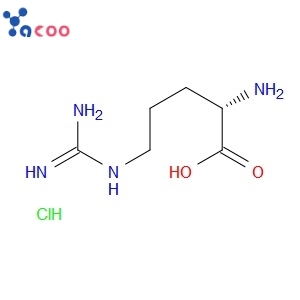 L-arginine hydrochloride CAS1119-34-2The goods for the amino acid drug. After taking in the ornithine cycle, promote blood ammonia by ornithine cycle into nontoxic urea, thus reducing the blood ammonia. But if the liver dysfunction, liver enzyme activity decreased formation of urea, so fine blood ammonia ammonia acid is not very ideal. Suitable not suitable for input sodium ions in hepatic coma patients.
L-arginine hydrochloride CAS1119-34-2The goods for the amino acid drug. After taking in the ornithine cycle, promote blood ammonia by ornithine cycle into nontoxic urea, thus reducing the blood ammonia. But if the liver dysfunction, liver enzyme activity decreased formation of urea, so fine blood ammonia ammonia acid is not very ideal. Suitable not suitable for input sodium ions in hepatic coma patients. -
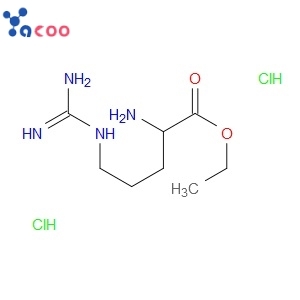 L-Arginine ethyl ester dihydrochloride CAS36589-29-4Used for biochemical reagents and pharmaceutical intermediates.
L-Arginine ethyl ester dihydrochloride CAS36589-29-4Used for biochemical reagents and pharmaceutical intermediates. -
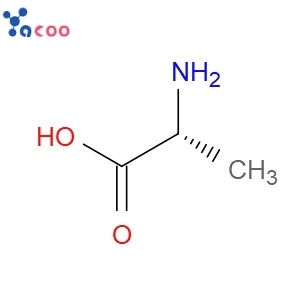 D-Alanine CAS338-69-2For the synthesis of new sweetener and some chiral drug intermediate raw materials
D-Alanine CAS338-69-2For the synthesis of new sweetener and some chiral drug intermediate raw materials -
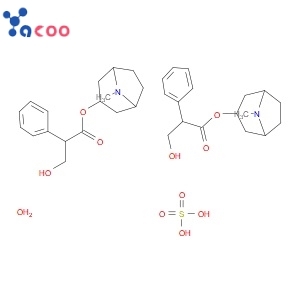 Atropine sulfate monohydrate CAS5908-99-6Fight choline medicine, can remove smooth muscle spasm, inhibit glands.
Atropine sulfate monohydrate CAS5908-99-6Fight choline medicine, can remove smooth muscle spasm, inhibit glands. -
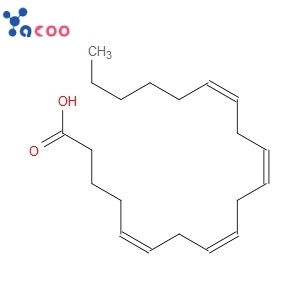 Arachidonic acid CAS506-32-1The raw material of synthesis of prostaglandin. Nutrition enhancer.
Arachidonic acid CAS506-32-1The raw material of synthesis of prostaglandin. Nutrition enhancer. -
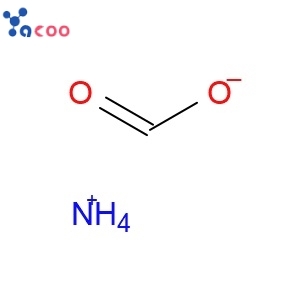 Ammonium formate CAS540-69-2For electrolytic capacitor industry. Used in organic synthesis for pharmaceutical intermediates, analytical reagent
Ammonium formate CAS540-69-2For electrolytic capacitor industry. Used in organic synthesis for pharmaceutical intermediates, analytical reagent -
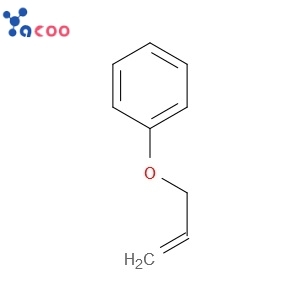 Allyl phenyl ether CAS1746-13-0Used for synthetic drugs result shu and other fine chemical products
Allyl phenyl ether CAS1746-13-0Used for synthetic drugs result shu and other fine chemical products -
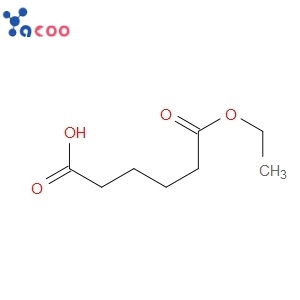 Monoethyl Adipate CAS626-86-8Used in organic synthesis, pharmaceutical intermediates, solvents, etc.
Monoethyl Adipate CAS626-86-8Used in organic synthesis, pharmaceutical intermediates, solvents, etc. -
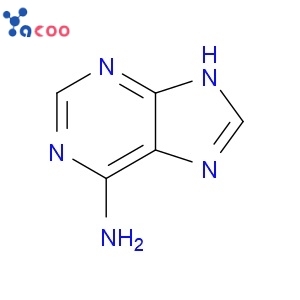 Adenine CAS73-24-5Microbiological determination of nicotinic acid. HIV, cancer and genetic research.
Adenine CAS73-24-5Microbiological determination of nicotinic acid. HIV, cancer and genetic research.
 86-15062454963
86-15062454963 sales@yacoo.com.cn
sales@yacoo.com.cn











